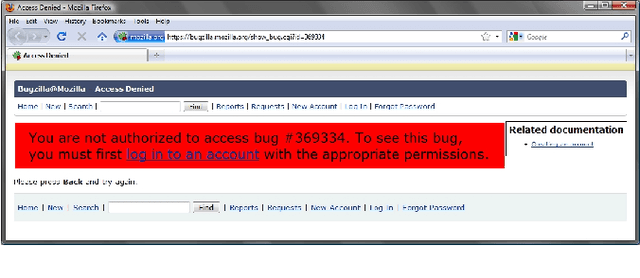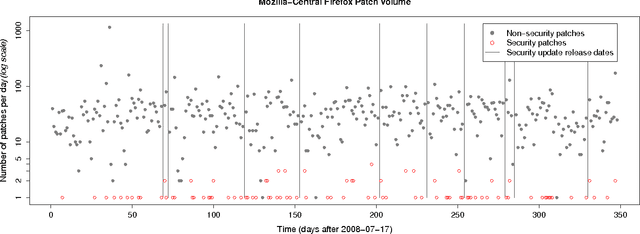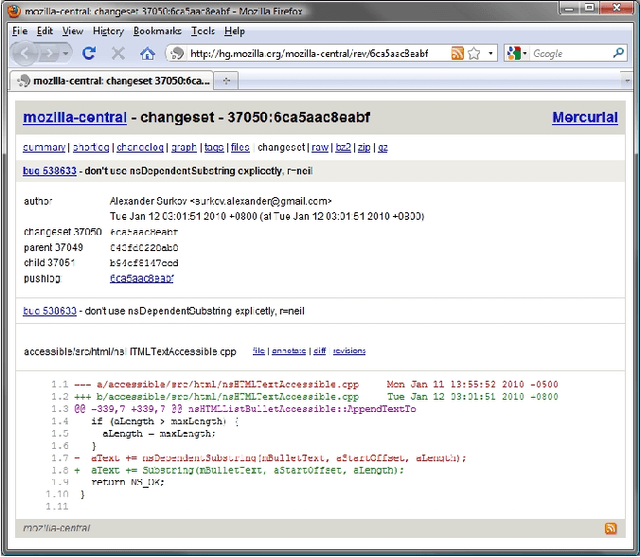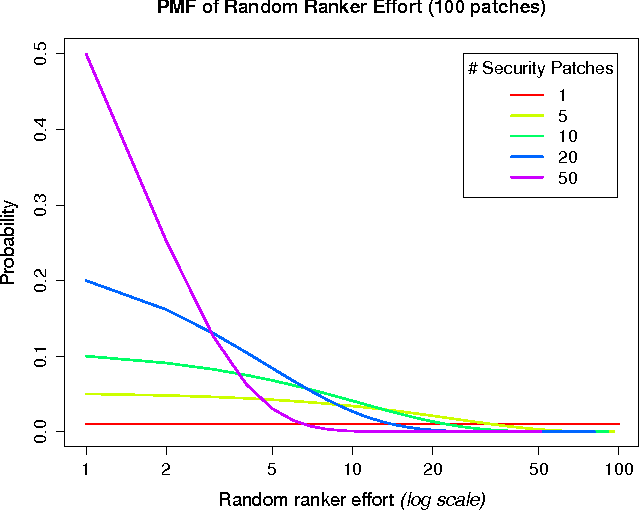How Open Should Open Source Be?
Paper and Code
Sep 02, 2011



Many open-source projects land security fixes in public repositories before shipping these patches to users. This paper presents attacks on such projects - taking Firefox as a case-study - that exploit patch metadata to efficiently search for security patches prior to shipping. Using access-restricted bug reports linked from patch descriptions, security patches can be immediately identified for 260 out of 300 days of Firefox 3 development. In response to Mozilla obfuscating descriptions, we show that machine learning can exploit metadata such as patch author to search for security patches, extending the total window of vulnerability by 5 months in an 8 month period when examining up to two patches daily. Finally we present strong evidence that further metadata obfuscation is unlikely to prevent information leaks, and we argue that open-source projects instead ought to keep security patches secret until they are ready to be released.
 Add to Chrome
Add to Chrome Add to Firefox
Add to Firefox Add to Edge
Add to Edge